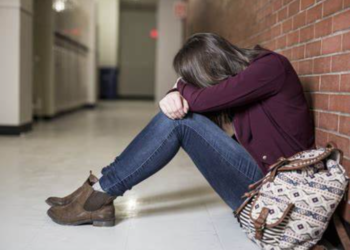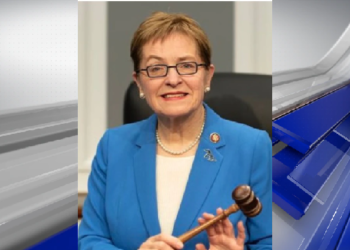This Thanksgiving, college students across the nation are taking a temporary break from classes to celebrate at home with family and friends. Yet for students struggling with thoughts of suicide and other serious mental health issues, some may be told not to return to campus.
Colleges across America have largely dropped their COVID-19 restrictions, yet the pressures facing students today remain extraordinarily high. The American Psychological Association has labeled it a “crisis,” and estimates that over 60 percent of college students are currently dealing with one or more mental health problems.
Congress has done little to provide funding to understand the stresses and challenges students are confronting. And many universities aren’t providing students the support they need to be healthy and resilient.
In 2019, students attending high-achieving schools across the country were added to the National Academies of Sciences, Engineering, and Medicine’s (NASEM) list of “at-risk” groups. The reason: Pressure to compete at top academic levels resulted in higher statistics of behavioral and mental health issues. Others on NASEM’s at-risk list included children living in poverty, foster care and those with incarcerated parents.









